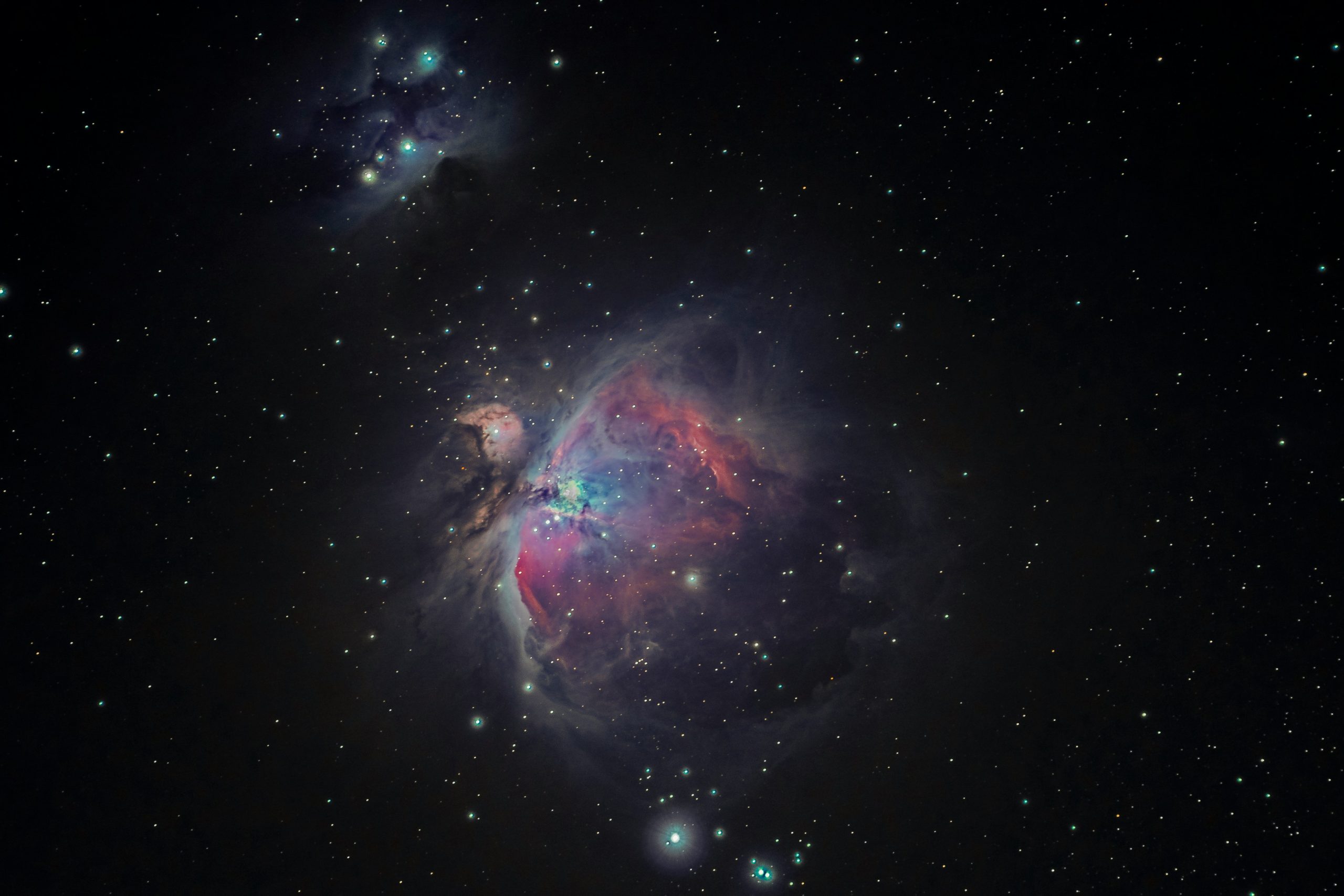Taoist Wu Wei: The Way of Non-Doing

Looking for more amazing products? Check out our online store and explore our collection here! Happy shopping!
Before diving in, please note: This post is for informational purposes only. If you’d like to know more about how we approach topics, feel free to check out our friendly Disclaimer Page.
Hey there, amazing readers! 
We’re committed to delivering quality posts, and your support (even just sticking around despite the ads) means everything to us. So, bear with us, and thanks for helping us keep the good vibes rolling. Now, on to the fun stuff!
TRANSLATE BUTTON AT THE END OF THE ARTICLE
A Quick Overview
Taoism is an ancient Chinese philosophy and spiritual tradition that emphasizes living in harmony with the Tao, or the natural order of the universe.
At the core of Taoist philosophy is the principle of Wu Wei, which translates to "non-action" or "non-doing." Contrary to its literal interpretation, Wu Wei does not promote laziness or inactivity but rather encourages a state of effortless action and spontaneous flow.
By aligning oneself with the Tao and practicing Wu Wei, individuals can find inner peace, balance, and harmony in their lives.
Understanding Taoism and Wu Wei
Taoism, also known as Daoism, dates back to ancient China and is attributed to the legendary philosopher Lao Tzu, who is believed to have written the Tao Te Ching, a foundational text of Taoist thought.
Taoism emphasizes simplicity, humility, and living in harmony with the natural rhythms of the universe.
Central to Taoist teachings is the concept of Wu Wei, which is considered a fundamental principle for achieving balance and enlightenment.
Origins and Beliefs of Taoism
Taoism is rooted in the belief that there is a universal force, the Tao, which underlies and unites all things in existence.
The Tao is seen as a constant flow of energy that governs the natural world and guides individuals towards living in harmony with the universe.
Taoist beliefs also encompass the idea of yin and yang, opposing forces that are interconnected and complementary, representing balance and harmony in the cosmos.
Definition and Meaning of Wu Wei
Wu Wei can be translated as "non-action," "effortless action," or "actionless action." It is the practice of aligning oneself with the natural flow of the universe and allowing things to unfold spontaneously, without force or resistance.
Wu Wei is not about doing nothing, but rather about acting in a way that is in accord with the Tao, without striving or exerting unnecessary effort.
The Principles of Non-Action
The principles of non-action in Wu Wei involve letting go of attachment to outcomes, ego, and control.
It is about surrendering to the natural course of events and trusting in the wisdom of the Tao.
By practicing Wu Wei, individuals can cultivate a sense of inner peace, acceptance, and tranquility, even in the face of challenges and uncertainties.
Applying Wu Wei in Daily Life
In daily life, practicing Wu Wei means being present in the moment, letting go of expectations, and allowing things to unfold naturally.
It involves listening to one’s intuition, following one’s instincts, and responding to situations with spontaneity and ease.
By embracing the principle of non-action, individuals can reduce stress, anxiety, and resistance, and instead, experience a sense of flow and harmony in their actions.
Cultivating Spontaneity and Effortlessness
Cultivating spontaneity and effortlessness through Wu Wei involves being in tune with one’s inner guidance and acting from a place of authenticity and sincerity.
By letting go of preconceived notions and rigid plans, individuals can tap into their creative potential and respond to life’s challenges with flexibility and adaptability.
Through the practice of Wu Wei, individuals can cultivate a sense of freedom and creativity in their actions.
Letting Go of Ego and Control
Letting go of ego and control is a key aspect of practicing Wu Wei.
Ego-driven desires, attachments, and expectations can lead to resistance, suffering, and disharmony.
By releasing the need to control outcomes and surrendering to the flow of the Tao, individuals can experience a greater sense of peace, contentment, and fulfillment.
Letting go of ego and control allows for a deeper connection to the natural world and a more harmonious way of being.
Finding Harmony with Nature
Taoism teaches that humans are an integral part of nature and that by aligning with the natural order of the universe, individuals can find harmony, balance, and inner peace.
By observing the cycles of nature, such as the changing seasons, the rising and setting of the sun, and the flow of rivers, individuals can gain insights into the ebb and flow of life.
Finding harmony with nature through Wu Wei involves embracing simplicity, humility, and interconnectedness with all living beings.
Embracing Simplicity and Flow
Embracing simplicity and flow in life means letting go of unnecessary complexity, distractions, and busyness.
By simplifying one’s surroundings, routines, and commitments, individuals can create space for clarity, peace, and creativity.
Embracing the flow of life through Wu Wei involves being open to change, growth, and transformation, and allowing things to evolve naturally and effortlessly.
Balancing Yin and Yang Energies
Taoism teaches the importance of balancing yin and yang energies within oneself to achieve harmony and equilibrium.
Yin represents the feminine, receptive, and introspective qualities, while yang embodies the masculine, active, and outward-oriented aspects.
By harmonizing yin and yang energies through Wu Wei, individuals can cultivate a sense of wholeness, integration, and balance in their lives.
Achieving Inner Peace and Balance
Through the practice of Wu Wei, individuals can achieve a state of inner peace, balance, and harmony.
By letting go of resistance, striving, and attachment, individuals can experience a sense of ease, grace, and flow in their actions.
Wu Wei offers a path towards self-discovery, self-realization, and spiritual growth, leading to a deeper connection to the Tao and a more fulfilling way of being in the world.
The Benefits of Practicing Wu Wei
The benefits of practicing Wu Wei are numerous and profound, including:
Reduced stress and anxiety
Increased creativity and spontaneity
Enhanced intuition and inner wisdom
Improved relationships and communication
Greater sense of peace, contentment, and fulfillment
Deeper connection to nature and the universe
Heightened awareness and mindfulness
Enhanced sense of flow, harmony, and balance
Increased resilience and adaptability
Overall well-being and holistic health
By incorporating the principles of Wu Wei into daily life, individuals can experience a transformational shift in their mindset, behavior, and way of being, leading to a more authentic, aligned, and fulfilling existence.
Conclusion
In conclusion, Taoist Wu Wei, the way of non-doing, offers a profound path towards achieving inner peace, balance, and harmony in life.
By aligning with the natural flow of the universe, letting go of ego and control, and embracing simplicity and spontaneity, individuals can experience a sense of effortless action and profound connection to the Tao.
Through the practice of Wu Wei, one can cultivate a deeper understanding of the self, the universe, and the interconnectedness of all things, leading to a more fulfilling and authentic way of being in the world.

The Enlightenment Journey is a remarkable collection of writings authored by a distinguished group of experts in the fields of spirituality, new age, and esoteric knowledge.
This anthology features a diverse assembly of well-experienced authors who bring their profound insights and credible perspectives to the forefront.
Each contributor possesses a wealth of knowledge and wisdom, making them authorities in their respective domains.
Together, they offer readers a transformative journey into the realms of spiritual growth, self-discovery, and esoteric enlightenment.
The Enlightenment Journey is a testament to the collective expertise of these luminaries, providing readers with a rich tapestry of ideas and information to illuminate their spiritual path.
Our Diverse Expertise
While our primary focus is on spirituality and esotericism, we are equally passionate about exploring a wide range of other topics and niches 

To ensure we provide the most accurate and valuable insights, we collaborate with trusted experts in their respective domains 
Our blog originally focused on spirituality and metaphysics, but we’ve since expanded to cover a wide range of niches. Don’t worry—we continue to publish a lot of articles on spirituality! Frequently visit our blog to explore our diverse content and stay tuned for more insightful reads.
Hey there, amazing reader! 
Check out our store here and take a peek at some of our featured products below! Thanks for being awesome!











